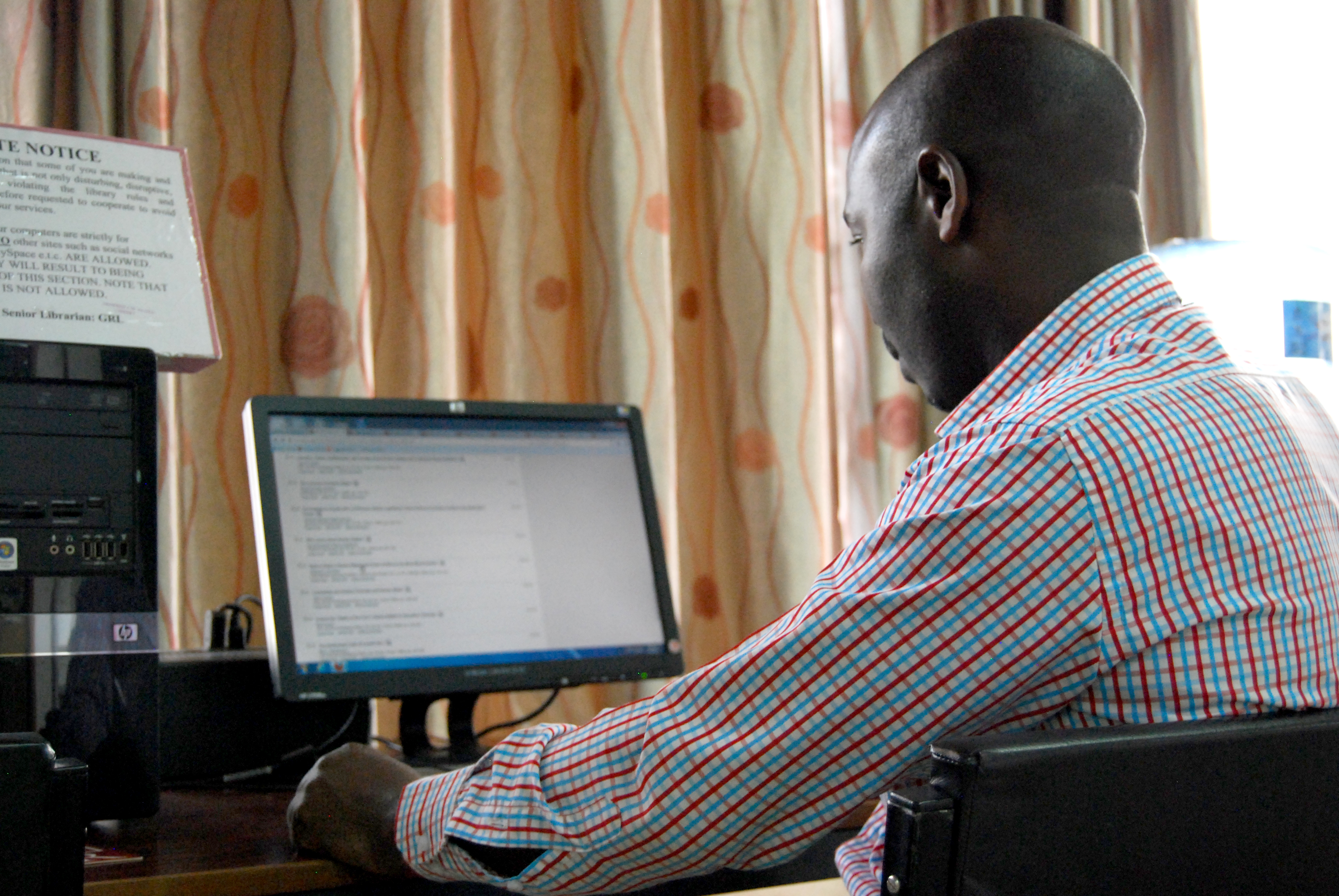It is a well-known fact that small scale rural farmers are responsible for producing over 70 per cent of the food consumed in Africa. As a result, they have been the target of many agricultural development efforts for many decades. This is especially because building the capacity of small scale farmers to produce more food through efficient and sustainable methods will improve food security and nutrition in Africa.
Efforts have been made on national and global levels to improve African small scale farmers’ productivity but they remain constrained by certain factors which limit their ability to produce more food and earn better incomes for their efforts. These constraining factors include: using poor seeds and cultivating nutrient-depleted soils; pest and disease outbreaks; poor access to gainful markets, exclusion from high value supply chains and inaccessible financial markets. However, poor access to relevant information remains the greatest constraints farmers encounter, as this prevents them from responding strategically to changes in the agriculture supply chain. As such, they are less able to run profitable agribusinesses.
The need for free access to available data or ‘open data’ is gaining traction as a practical solution in addressing information constraints to agricultural productivity, food security and nutrition in Africa. Open data, as defined by the Open Data Institute (ODI), is “data that anyone can access, use and share”. The ideology behind open data is that data collected by governments, businesses, research institutes and other relevant organisations should be made freely available so that they can be accessed and used in achieving the sustainable development goals. For instance, when relevant data on climate, input prices, consumer preferences, pest and diseases are made freely available, all stakeholders along the supply chain – from farm to fork – can make more informed decisions. This will cause an increase in productivity and efficiency, and also reduce resources waste along the supply chain.
Although the concept of open data seems like a relatively straight forward concept, constraints to harnessing the full potential of the “open data revolution” by small scale farmers’ in Africa are embedded in keywords that define open data. These keywords are “access”, “use” and “share”. How can small famers “access” relevant data”? How can they “use” available data to make informed decisions? And “how can farmers “share” data they generate with other stakeholders along the value chain?
Governments, research institutions, universities and NGOs in several African countries have already accumulated data that could meet farmers’ information needs. However, even if these data are made available, many small scale farmers do not have the necessary skills to interpret these data or establish meaningful relationships from various data sets.
Furthermore, if data is to be easily assessed, it has to be collected and stored in forms that can be extracted and used. It is for this reason that some valuable data and information that have been collected through paper filing systems by governments and other organisations which have not been digitally backed up may never become available for use in Africa. Also, farmers need to understand how to collect and store their own data, so they can make future management decisions based on data collected previously.
So how can rural farmers enjoy the full benefits of the open data revolution in Africa? This can be achieved by setting up bespoke organisations, awareness events and hacks to facilitate the gathering, mining and processing of raw data into usable information that farmers can easily apply. Already the digital divide between African rural farmers and other actors on the agriculture value chain has significantly narrowed due to rapid uptake of mobile phones in rural Africa. Therefore, the open data revolution can leverage on the widespread adoption of mobile phones to reach farmers with information they need to improve their production systems. Systems or applications need to be put in place to facilitate the collection of primary data from farmers and also to enable farmers to share data they collect with each other, as well as with other relevant stakeholders along the supply chain. On a higher policy level, governments in Africa need to adopt more transparent and efficient measures in data collection and storage. This will improve the ease with which data is extracted and used.
The Global Open Data for Agriculture and Nutrition (GODAN) is one of such bespoke efforts to build the capacity of governments, business, research institutions and relevant stakeholders who have a shared interest in making data on agriculture and nutrition open for unrestricted access and use. By bringing these stakeholders together, GODAN aims to create a platform that builds trust among stakeholders, facilitate data gathering, promote data sharing and use, with the overall goal of addressing global problems in agriculture, food security and nutrition.
Launched in 2013, GODAN already partners with over 60 countries, international and private organisations in Africa. As part of its effort in creating awareness and synergies among its African partners, GODAN will be hosting the East Africa Open Data Fest in Nairobi from 17-18 August 2016, the Africa Open Data Conference in Tanzania in September, 2016. On a global level, GODAN has also supported several data hacks – which bring together skilled data technicians to mine open data to bring about solutions to on-farm challenges.
The successful implementation of open data initiatives in African agriculture will largely depend on the active participation and support of African partnering countries, organisations and private individuals. It will also depend on how well these African partners can take advantage of their partnership with GODAN to creatively tailor agriculture and nutrition open data initiatives to suit the information needs of farmers and agribusinesses in Africa. It is however important to ensure that rural farmers are not left behind but are at the centre of these agriculture open data initiatives in Africa.
By Bookie Ezeomah, International Development Communications Assistant, CABI

